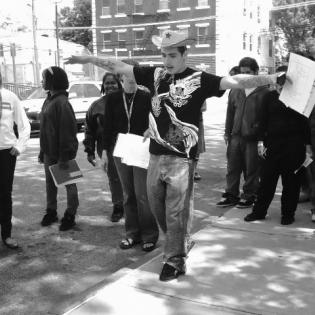Why Do We Have a Census?
What is the value of counting everyone in my community?
Beginning in 1790 and every ten years since, the U.S. government has held a census to count every person living in the country. The purpose is to make sure that people are represented fairly and their voices heard by the government. These elementary and secondary lesson plans give background on the census and explore its value to the public, and its impact on services of the government and nonprofit sectors.
This lesson explains what the Census is and why it is important for everyone. Every ten years, we count everyone who is living in the U.S., from babies to the oldest people. This gives our government a clear idea of who lives where and regions where we have growth or decrease in population. If we know who lives where, we can make sure to provide services, such as education, health care, public services, and food/housing in the needed places.
This secondary lesson explains what the U.S. Census is and why it is important for everyone. Every ten years, we count everyone who is living in the U.S., from babies to the oldest people. This gives our government a clear idea of who is using services and where we have growth or decrease in population. If we know who lives where, we can make sure to provide services, such as education, health care, public services, and food/housing in the needed places.
